Mangaluru, May 28: In what could have been a major catastrophe, a speeding car rammed into an electric pole on an over-bridge at Thokkottu on the outskirts of the city in the early hours of Saturday.

The intensity of the collision was such that the electric pole broke into two pieces and fell on the same car badly damaging it besides injuring its four occupants.
While a 20-year-old man identified as Ismaeel (20), suffered severe injuries, the three others suffered minor injuries.
The incident occurred at around 3 a.m. The presence of mind of local residents and police averted a tragedy when the repeated phone calls to Mescom office landline remained unanswered.
It is learnt that the police personnel rescued the occupants of the car by lifting the electric pole using available equipments. Later, the police went to the Mescom office and fetched the linemen in their jeep.
A case has been registered at jurisdictional Ullal police station and investigations are on. The swift car also was seized by the police.

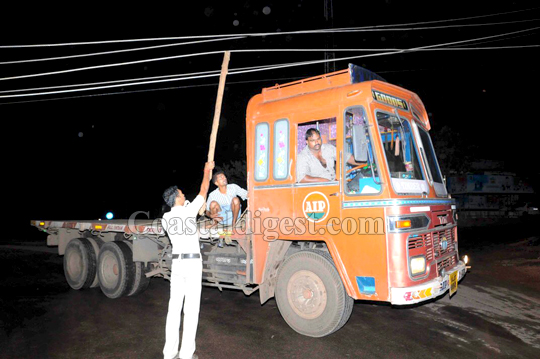
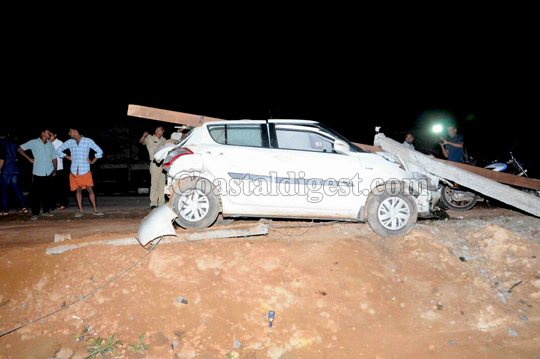
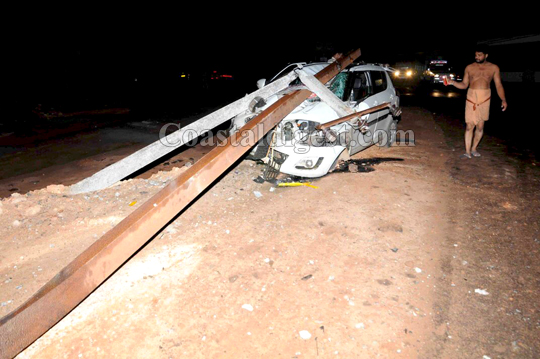
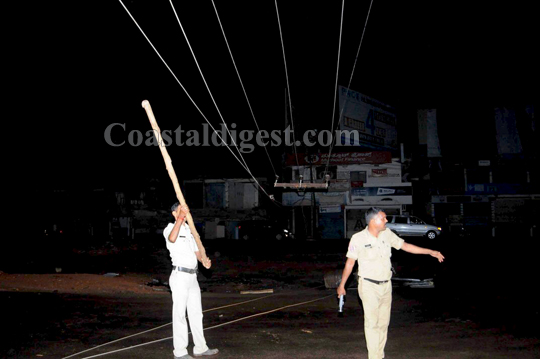
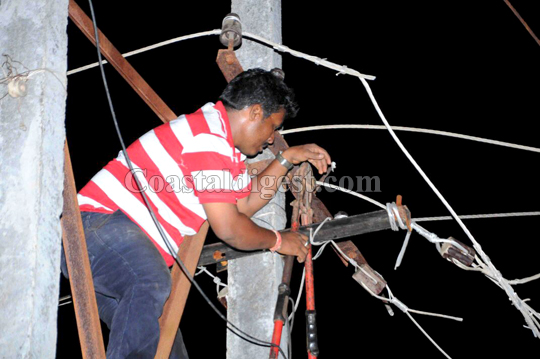





Comments
by looking at the car, we feel nobody would be alive, seriously god saved them. over speed may be the reason for this accident, when youths get together in car dont know what kind of energy drive them speed.
lucky escape, good job by police and locals, thanks for saving the lives
i must say a great escape, otherwise it would be a worst disaster.
Add new comment